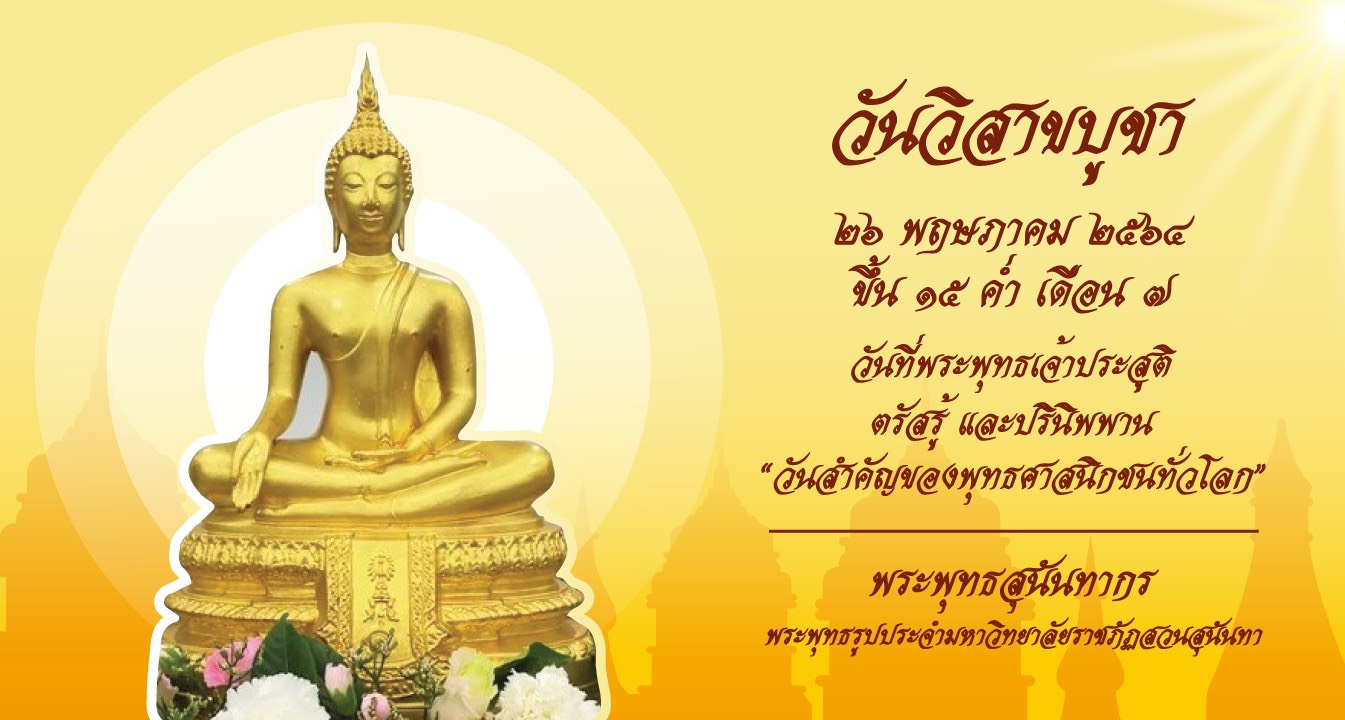
The decision to agree to celebrate Vesak as the Buddha's birthday was formalized at the first conference of the World Fellowship of Buddhists held in Sri Lanka in 1950, although festivals at this time in the Buddhist world are a centuries-old tradition. The resolution that was adopted at the World Conference reads as follows:
That this Conference of the World Fellowship of Buddhists, while recording its appreciation of the gracious act of His Majesty, the Maharaja of Nepal in making the full-moon day of Vesak a Public Holiday in Nepal, earnestly requests the Heads of Governments of all countries in which large or small number of Buddhists are to be found, to take steps to make the full-moon day in the month of May a Public Holiday in honour of the Buddha, who is universally acclaimed as one of the greatest benefactors of Humanity.[13]
On Vesak Day, Buddhists all over the world commemorate events of significance to Buddhists of all traditions: The birth, enlightenment and the passing away of Gautama Buddha. As Buddhism spread from India it was assimilated into many foreign cultures, and consequently Vesak is celebrated in many different ways all over the world. In India, Vaishakh Purnima day is also known as Buddha Jayanti day and has been traditionally accepted as Buddha's birth day.
In 2000, the United Nations (UN) resolved to internationally observe the day of Vesak at its headquarters and offices.[14]
The name of the observance is derived from the Pali term vesākha or Sanskrit vaiśākha, which is the name of the lunar month used in ancient India falling in April–May. In Mahayana Buddhist traditions, the holiday is known by its Sanskrit name (Vaiśākha) and derived variants of it. Local renditions of the name vary by language, including:
https://en.wikipedia.org/wiki/Vesak
Contact the news at
Fanpage facebook : Center of Excellence in Elderly Care
Website : Suan Sunandha Rajabhat University.
: Center of Excellence in Elderly Care
: Center of Excellence in Elderly Care Services
